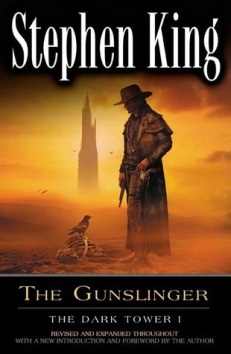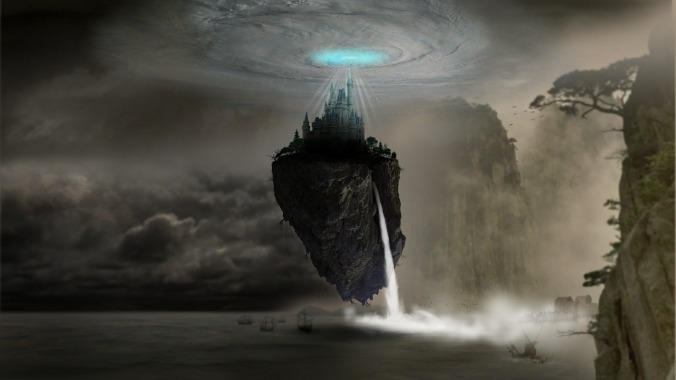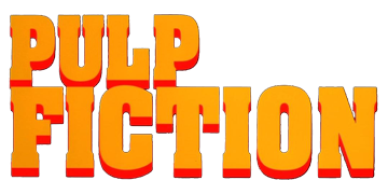
“It’s Star Wars meets Weekend at Bernie’s.”
“It’s Birdman meets Serial.”
“It’s Dashiell Hammett meets Kelly Link.”
Have you seen this style of pitch before? I have. I call it the “this meets that” pitch. I’m sick of it, and today I’d like to tell you why. Okay, here goes. I have a feeling this is going to be a controversial post…
“This Meets That” is Simplistic
Every work of art is unique, and yours is no exception. You’ve worked hard on it. You’ve rearranged, refined, iterated, and improved your story, likely over the course of months (or even years). The “this meets that” pitch oversimplifies all your hard work.
To put it another way, imagine someone pitched the sport of volleyball as “basketball meets tennis.” Not a bad comparison; Spiking a volleyball is similar to blocking a shot in basketball, and both volleyball and tennis involve hitting a ball over a net. But volleyball is about way more than spiking and a net. “This meets that” omits the subtleties that make the sport its own. It does the same to your story.
“This Meets That” is Risky
You know that picture of a young woman and an old woman combined? At first, you might only see one of the two. Yet when someone points out the other figure, you’ll likely notice it every time you see the picture. Once you see it, you can’t un-see it.
The same principle applies to your story. When you use “this meets that,” readers will constantly conflate your work with two others. What if your readers detest the stories you mentioned? What if your readers never heard of them? What if they feel your story doesn’t live up to the comparison? Describing your work in terms of others exposes it to unnecessary risk. And pitching a story should not be like rolling a dice.
“This Meets That” Doesn’t Age Well
At the risk of sounding like an old dude, storytelling is way different than it was back in my day. Modern books, movies, and TV shows spawn at an incredible rate. This hyper-production places greater importance on the new and the current. In 2008, “The Hunger Games meets Paper Towns“ might’ve made for a decent pitch. But 10 years later, that same description won’t carry the meaning it once did.
Similarly, if I pitched “Stranger Things meets A Quiet Place” today, that might get readers’ attention. But let’s say someone comes across that same pitch a few years from now. Stranger Things might be off the air and A Quiet Place might only exist on select streaming services. In other words, your “this meets that pitch” might become meaningless sooner than you think.
In Conclusion
The Mona Lisa is so much more than “paint meets canvas.” Likewise, our works are more than amalgams of others. Instead of focusing on how our stories are similar to previous stories, I believe we should highlight what makes them different. That, in my opinion, is the key to a great pitch.
Kyle A. Massa is a speculative fiction author living somewhere in upstate New York with his fiancee and their two cats. His stories have appeared in numerous online magazines, including Allegory, Chantwood, and Dark Fire Fiction.


















